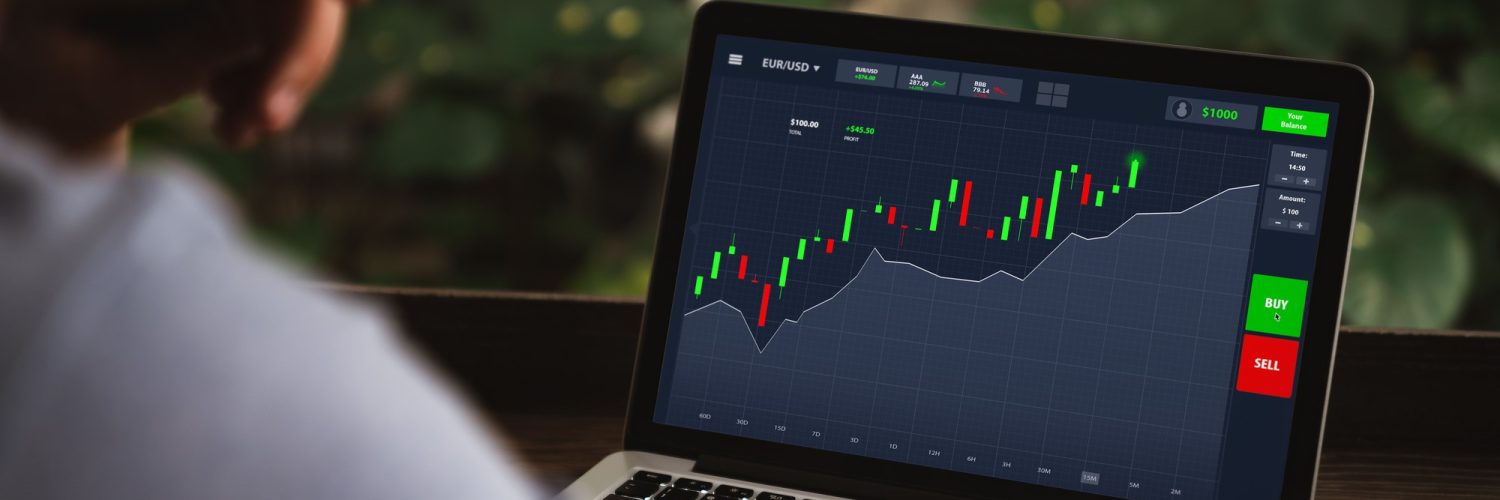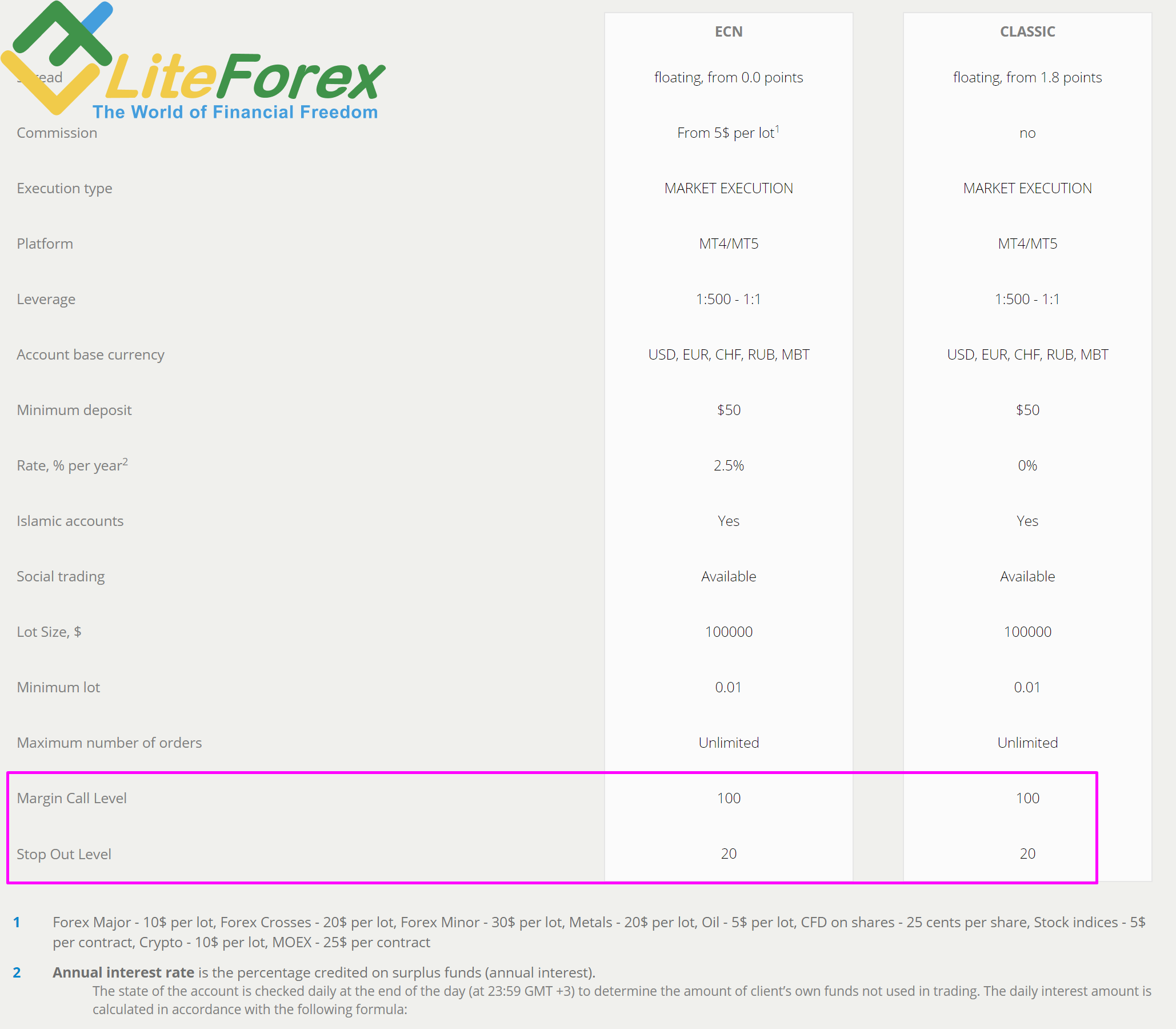Introduction
In the adrenaline-fueled world of Forex trading, understanding the intricate nuances of your account is paramount to achieving financial success. Two fundamental terms that often leave traders scratching their heads are “equity” and “balance.” While they may seem synonymous, a subtle yet critical difference between them holds the potential to impact your trading strategy significantly.

Image: www.aximdaily.com
Delving into Equity in Forex
Equity represents the net worth of your trading account. It is calculated as the total value of your positions minus any unrealized losses or gains. In essence, equity reflects the current value of your account balance after factoring in open orders.
Formula: Equity = Account Balance + Unrealized Profits/Losses
Dissecting Balance in Forex
In contrast to equity, which considers unrealized profits and losses, account balance solely reflects the amount of funds available for trading. It is the initial sum you deposit into your account minus any withdrawals, profits, or losses from closed positions.
Formula: Account Balance = Initial Deposit +/- Profits/Losses from Closed Positions
Understanding the Significance of the Difference
The key difference between equity and balance lies in the inclusion of unrealized profits and losses. Equity provides a real-time snapshot of your potential profits or risks by considering the total value of your open positions. It signifies your account’s health and profitability.
On the other hand, account balance indicates the amount of capital available for executing trades without accounting for open positions. It is crucial for managing your risk and ensuring that you don’t overextend your trading activities.

Image: derivbinary.com
Monitoring Equity and Balance for Profitability
To maximize profitability, traders need to closely monitor both equity and balance. Maintaining a positive equity level, where the value of your positions exceeds losses, is essential for sustaining a profitable trading strategy. Monitoring equity allows you to:
- Adjust your trades based on market movements to capture maximum gains
- Identify potential risks and adjust your position sizes accordingly
- Determine the optimal time to lock in profits
Regularly checking your account balance is equally important. It helps you:
- Avoid exceeding your available funds, leading to unnecessary margin calls
- Determine the amount of capital you can risk on a given trade
- Assess the financial health of your trading account
Expert Insights for Smart Trading
-
Mark Douglas, renowned trading coach: “Equity is like a compass, showing you the direction of your trading journey. While balance is like the fuel, determining how far you can go.”
-
Kathy Lien, Forex expert: “Maintaining a positive equity level is crucial. Drawdowns are inevitable, but prudent traders manage their風險 to protect their equity.”
Actionable Tips for Enhanced Trading
- Establish a clear trading plan that aligns your equity and balance goals.
- Track your trades meticulously to identify patterns and areas for improvement.
- Use a stop-loss strategy to limit potential losses and preserve your equity.
- Diversify your trading portfolio to spread risk and improve overall equity performance.
- Regularly review and adjust your trading strategy to align with market conditions and protect your account balance.
Difference Between Equity And Balance Forex
Conclusion
Navigating the complexities of Forex trading demands a deep understanding of the interplay between equity and balance. By leveraging this knowledge, you can make informed trading decisions, maximize potential profits, and effectively manage your風險. Remember, consistent monitoring of both equity and balance is the key to unlocking the full potential of your trading endeavors. Whether you are a seasoned trader or just starting your Forex journey, recognizing the difference between these two crucial concepts will pave the way for financial success in the dynamic Forex market.






